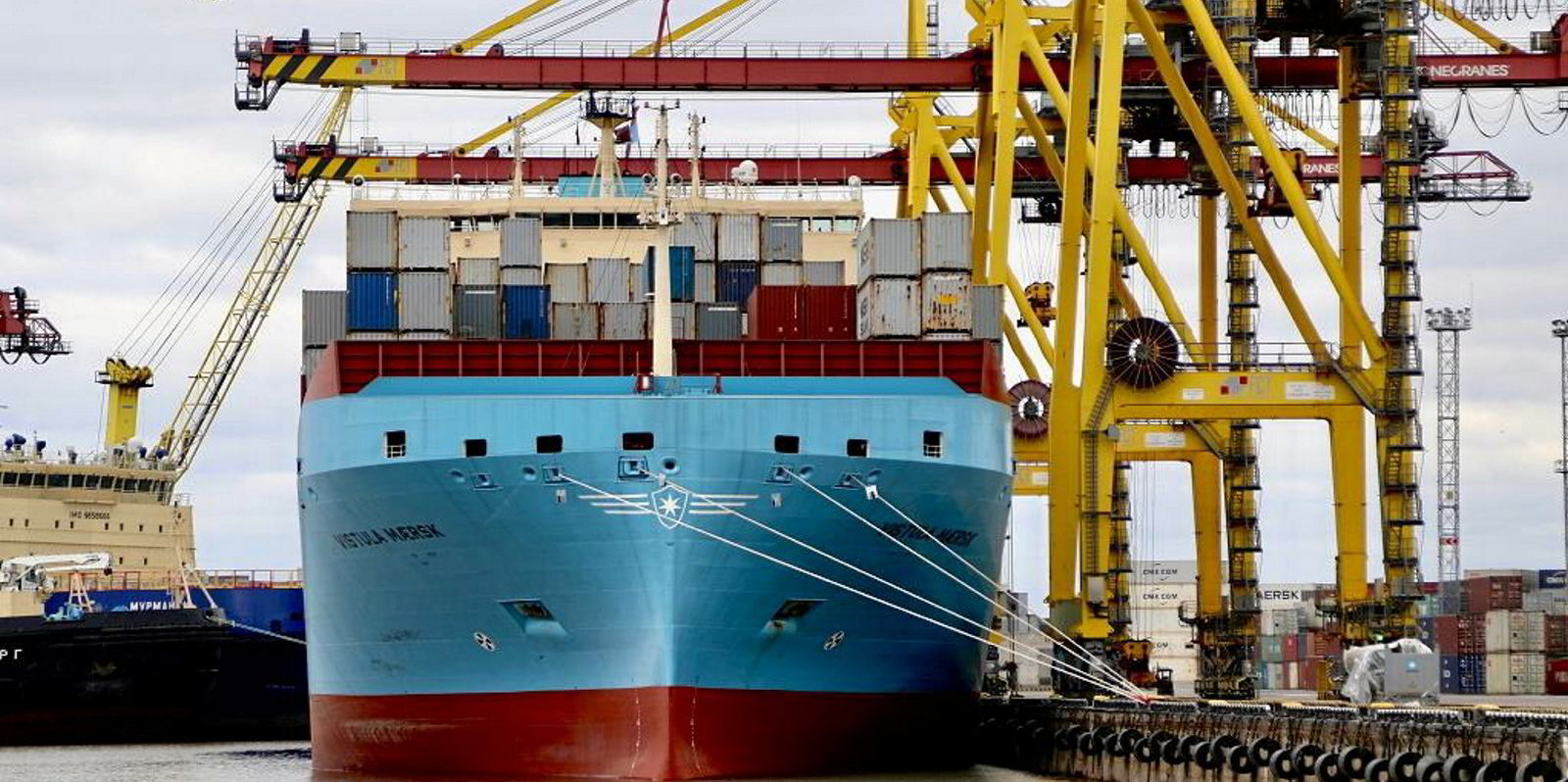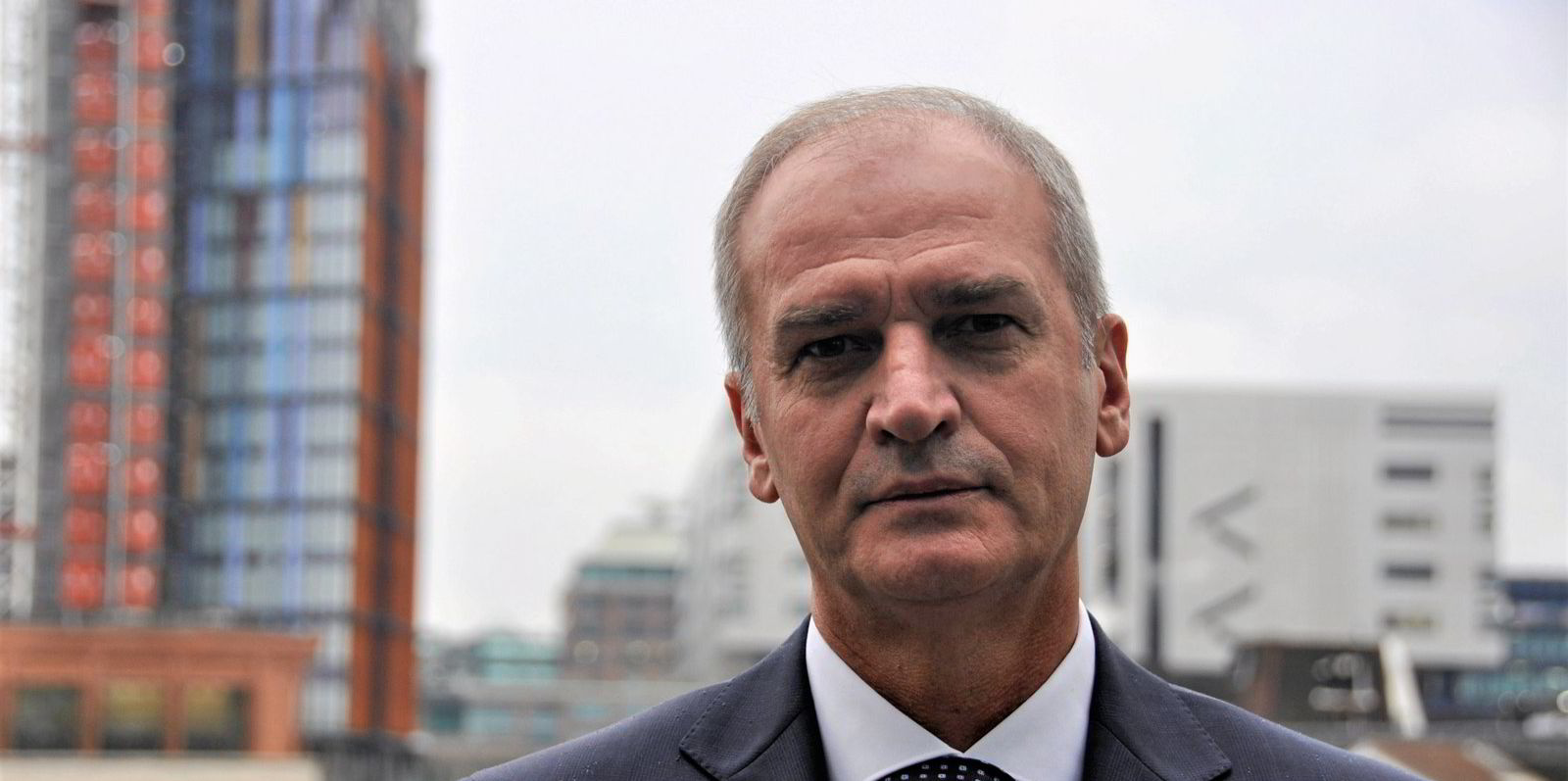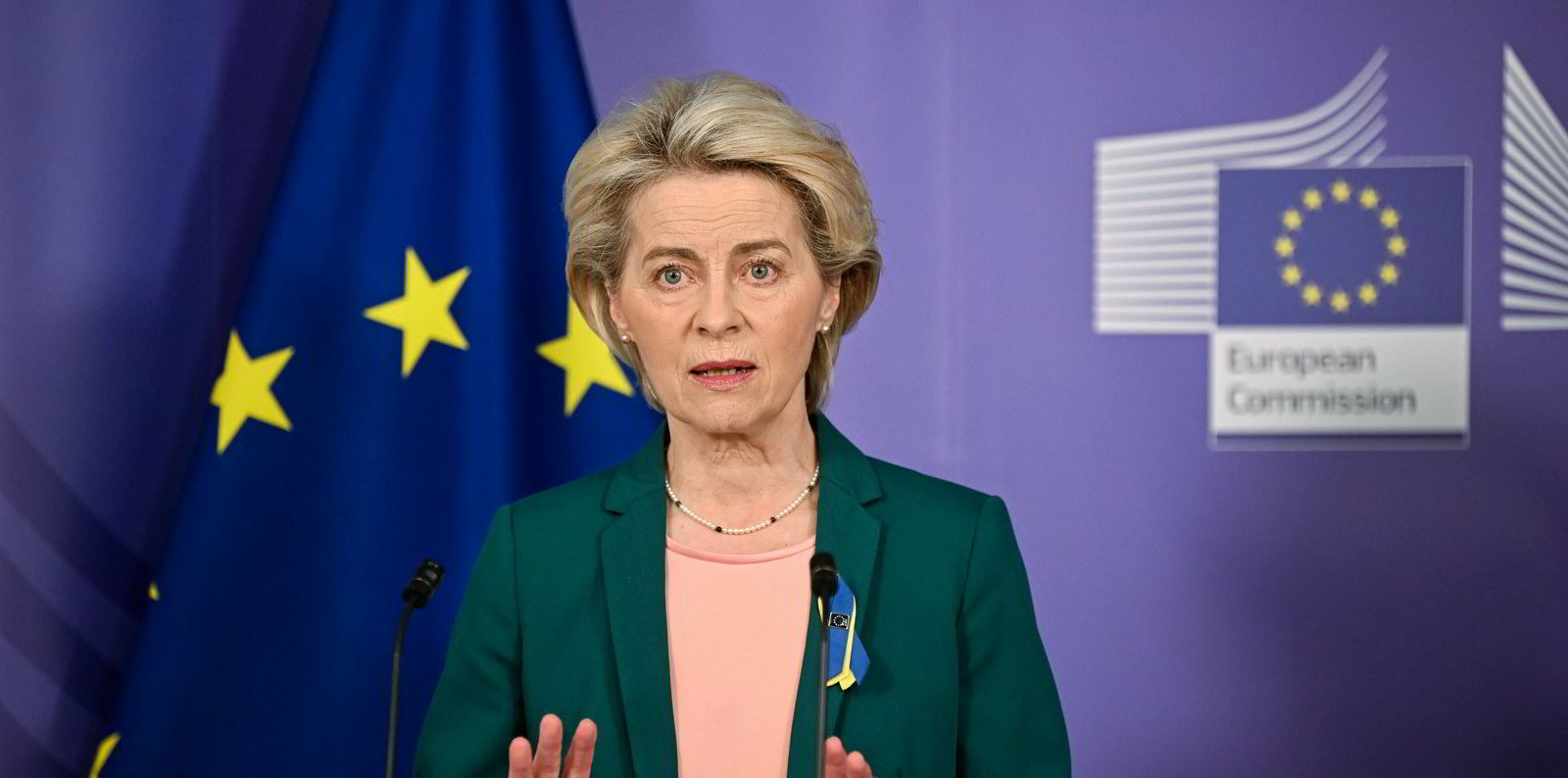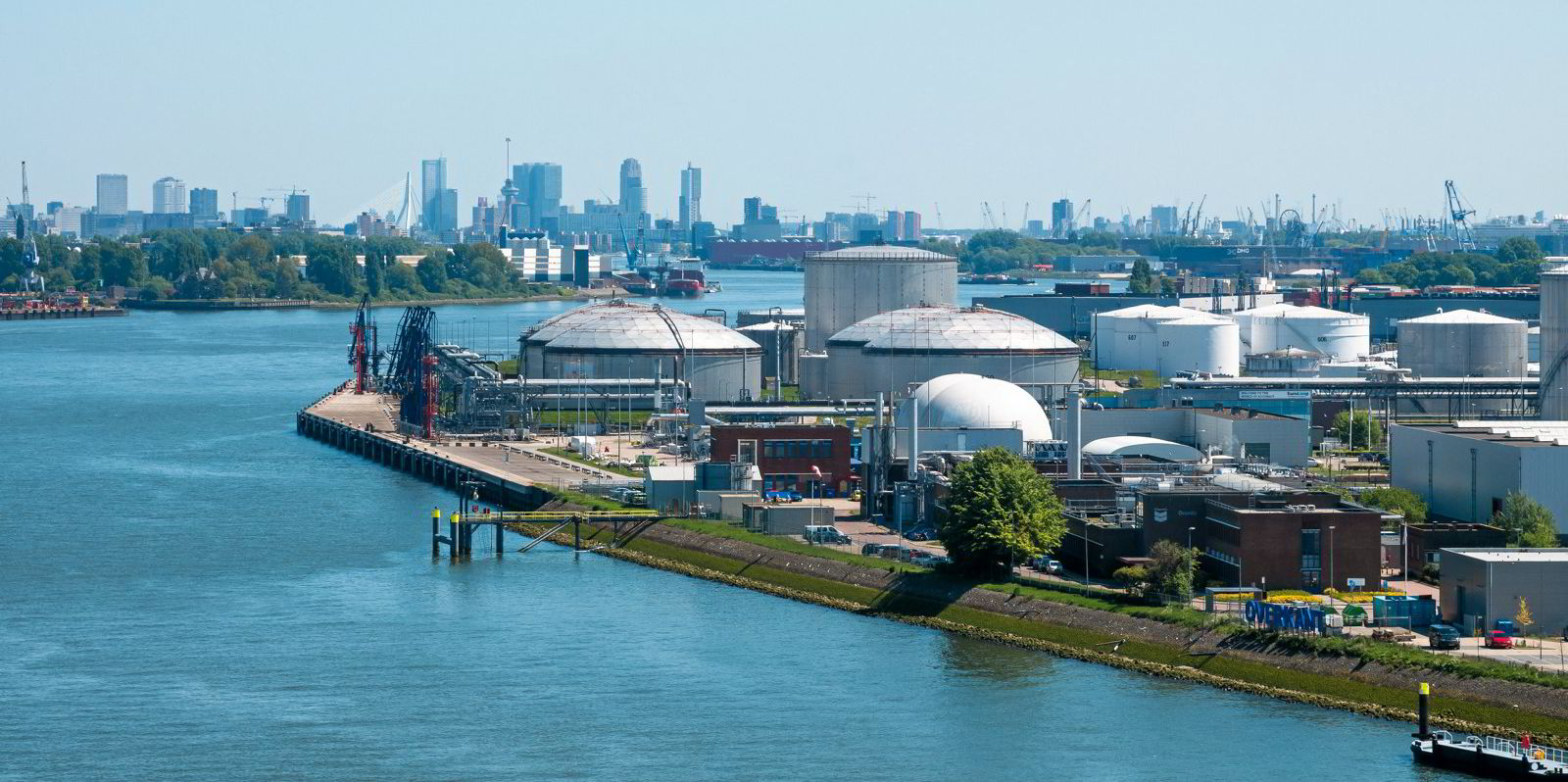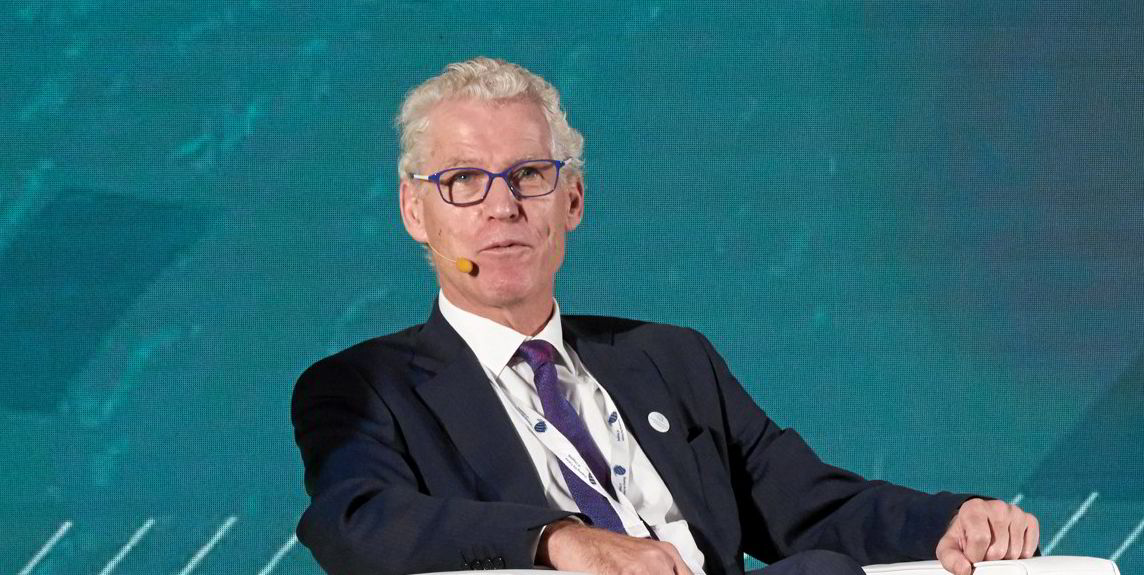AP Moller-Maersk’s decision to completely withdraw from the Russian market is proving costly.
The Danish shipping giant revealed that its disengagement from Russia has meant writing down all of its terminal, shipping and logistics assets in the country.
That amounts to a $718m hit on its Ebit in its first-quarter result after value adjustments and provisions.
The biggest chunk of the write-downs relates to divesting a minority stake in Global Port Investment (GPI), a London-listed company that operates six terminals in Russia and two in Finland.
In its shipping division, the hit stems from write-downs of stranded containers, bad debt and employee-related costs.
In logistics, the company’s losses stem from the exit of two warehouses and a cold storage facility.
No way back
Maersk said it completed its last cargo operation at a Russian port on 2 May.
The company has now withdrawn all services in and out of the country.
The decision means Maersk’s terminal division will get a $485m hit on Ebit in the first quarter.
The company has a 30.75% stake in GPI, which it announced on 11 March it is seeking to sell.
Talks to sell the stake are ongoing.
The company’s Ocean division incurred $162m of write-downs.
Maersk has executed bookings already accepted since the invasion, while stopping all new bookings to and from Russia and Belarus, the company said.
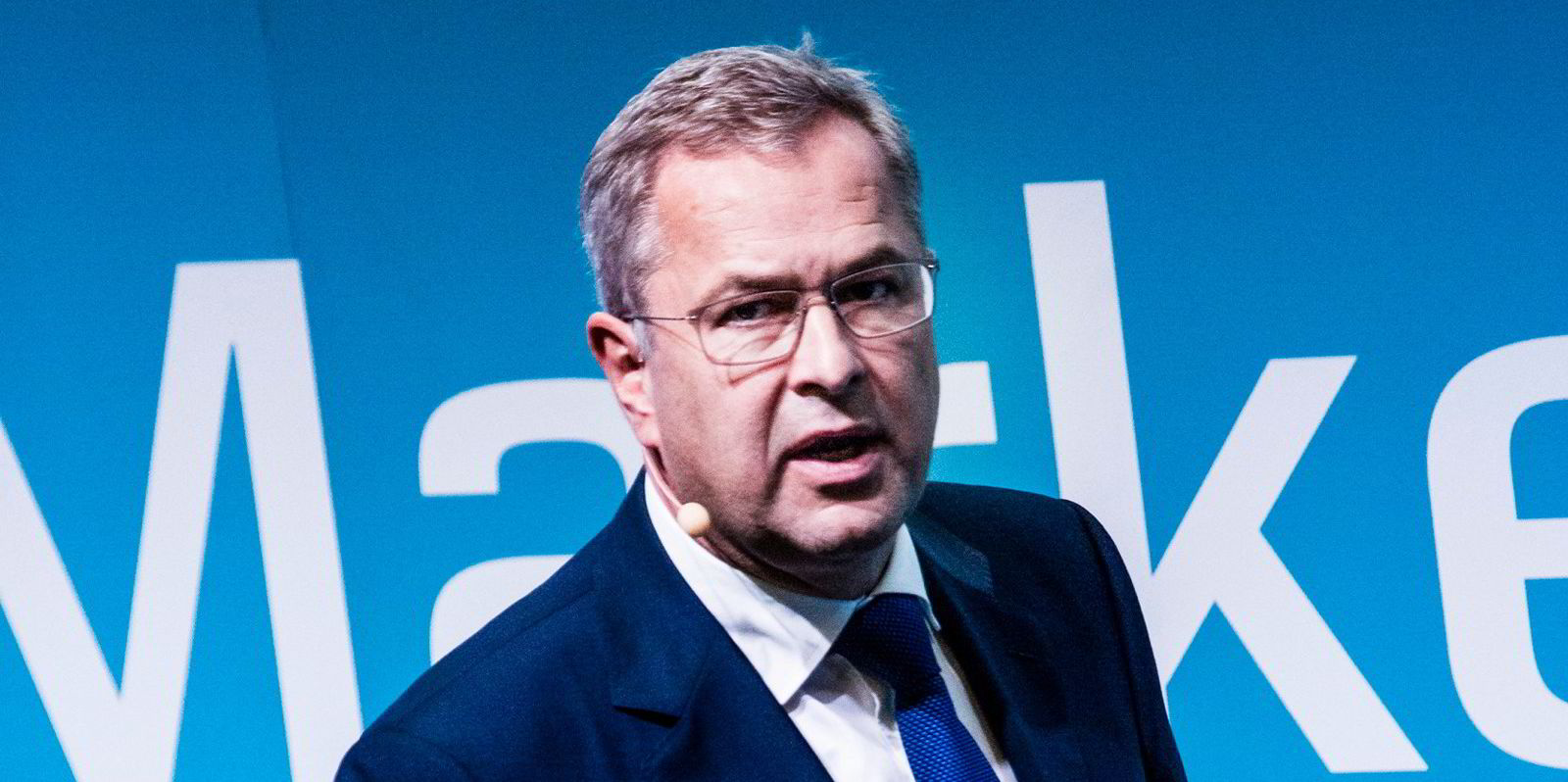
The company will also shoulder a $53m hit on the exit of a cold storage facility in St Petersburg and an inland terminal in Novorossiysk.
Operations of the warehouses will continue until a solution is found, the company said.
Towage division Svitzer, which has an operation in Russia providing towage services in Sakhalin, took a $18m write-down.
Svitzer has taken steps to divest its operations, including four tugs. Once the divestment is completed, Svitzer will exit the operation in Sakhalin.
“These steps ultimately result in a complete exit from Russia,” Maersk said.
Don’t blame employees
Chief executive Soren Skou said the disengagement from Russia would be carried out responsibly.
That meant limiting uncertainty for Russian employees and providing severance payments to around 600 staff, mostly seafarers.
“We do not hold our Russian colleagues responsible for the actions of their president,” Skou told a conference call on Wednesday.
Maersk would use its logistics expertise to provide warehousing for countries bordering Ukraine, including Poland, Moldova and Romania, he said.
The company is working as a member of the United Nations-led Logistics Emergency Team (LET) to establish a stable flow of relief supplies into Ukraine, with a team of 40 specialists devoted to the relief logistics efforts.
Maersk will offer on-ground support to the employees and families who have asked for assistance, including a wish to be relocated.
It has also set up aid hubs outside Ukraine to ease relocation efforts.
Hit to consumer confidence
The war in Europe, Covid-19 and inflation were hitting consumer and business confidence, Skou said.
That could impact on container volumes in the second half of the year, he said.
“Shanghai has entered its 6th week of lockdown,” he added.
“We are seeing an impact on our volumes out of China, but probably less than we could have expected,” said Skou.
But there was the risk of further lockdowns in China due to its zero-Covid policy, he added.
“Those are the reasons we feel demand growth on the ocean side will be around zero,” he said.
Maersk has continued to reduce its exposure to spot rates, as more customers locked into longer contracts, Skou said.
Around 22% of Maersk’s volumes are on multi-year contracts.
These are both fixed and backward index-linked contracts, he said.
Around 80% of this year’s freight contracts have already been agreed. These had been agreed at rates around $1,400 per 40-ft equivalent unit (feu), higher than in 2021.
Skou expects the remaining 2022 contracts to be signed at similar levels.
He said the increase in freight rates was enough to add approximately $10bn to revenues in 2022 compared to 2021.
That is why Maersk has been able to issue its recent profit upgrade, Skou said.
On 26 April, Maersk upgraded its guidance for underlying Ebitda to $30bn this year, $6bn more than previously forecast in February.
